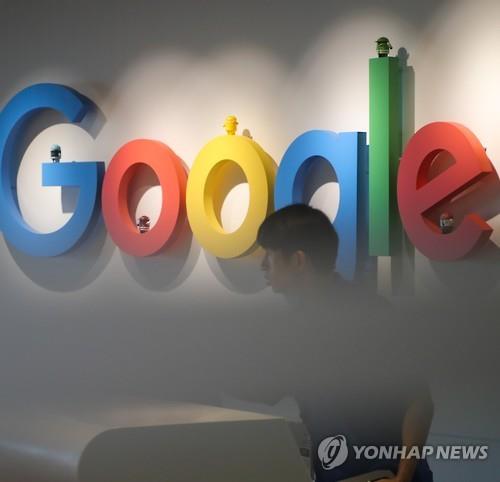- California Assembly OKs highest minimum wage in nation
- S. Korea unveils first graphic cigarette warnings
- US joins with South Korea, Japan in bid to deter North Korea
- LPGA golfer Chun In-gee finally back in action
- S. Korea won’t be top seed in final World Cup qualification round
- US men’s soccer misses 2nd straight Olympics
- US back on track in qualifying with 4-0 win over Guatemala
- High-intensity workout injuries spawn cottage industry
- CDC expands range of Zika mosquitoes into parts of Northeast
- Who knew? ‘The Walking Dead’ is helping families connect
S. Korea puts off decision on Google’s request for map data
SEOUL, Aug. 24 (Yonhap) — South Korea said Wednesday it has put off a decision on whether to allow Google to export government-supplied map data outside the country and will re-deliberate the request by the U.S. search giant.
The decision, which was made after a closed-door meeting with officials from foreign, defense and other-related ministries earlier in the day, is expected to continue years of tug-of-war between the Korean government and Google over Korean map data.
In a statement, the Ministry of Land, Infrastructure and Transport, which supervises mapping policies, said the Wednesday meeting “decided that there is the need to carefully decide whether to allow the export of map data through further consultations on the relevant issues, including security and industry, with the applicant (Google).”
Under the decision, the Korean government will hold another meeting with officials from the relevant ministries and make a final decision by Nov. 23, the statement said.
Google had made the same request in 2010, but it was rejected because South Korea’s National Security Law, drafted more than a half century ago to fight communism, banned the Korean government from sending such map data to other countries.
For Google, the government-supplied map data is essential to offering full-fledged mapping services, including vehicle navigation and driving directions, in South Korea, one of the world’s most wired nations.
The Korean government has said it may allow Google to use the government-supplied maps if it deletes or blurs sensitive facilities on the maps, including the presidential office Cheong Wa Dae.
But Google has refused to do so, saying that there is no grounds for the Korean government to censor Google’s mapping service and the locations of such sensitive facilities are widely available in other commercial satellite images.












